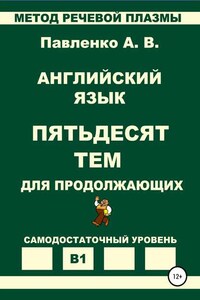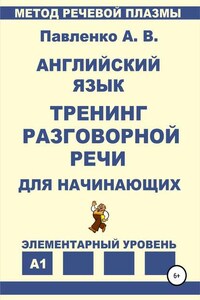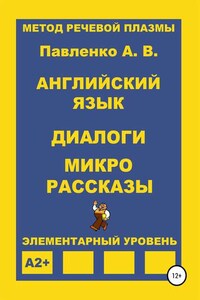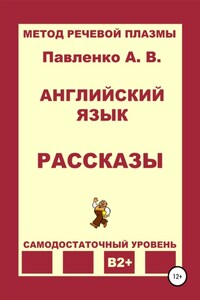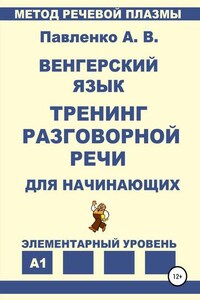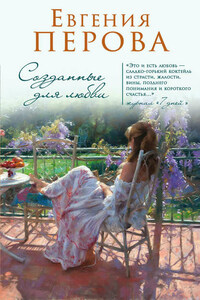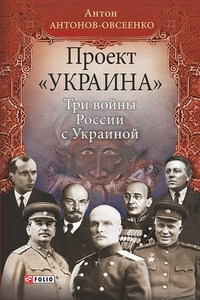There are so many different types of accommodation. In cities most people live in flats. If they are very rich, they can afford a big house in the city. But they are usually very expensive. In towns people live in houses or houses for two families or sometimes in a row of terraced houses. People built them in Victorian times for workers, but they are very popular now. And, of course, in the cities there are high-rise flats. These can be anything from ten to twenty storeys high. These are usually for families who can’t afford to buy a house or a flat. In England they are not usually very nice. They are old buildings. Some of them are rather dirty. It’s very difficult for families with young children to live there. They live on the twentieth or thirtieth floor and very often the lifts don’t work. There are a lot of problems with these types of houses. Students usually share flats. And then, when they get a job and get married, they want to buy a house or a flat. Usually they are twenty-five or thirty years old by the time they think about buying either a house or flat. Most people don’t have enough money to buy one immediately, so they have to borrow money from a bank. A young couple will buy a small flat or maybe a very small house. We call them ‘starter homes’. After a few years maybe they decide to have children. Then they can sell the small house or flat and buy something a little bit bigger. A small starter flat will probably have a living room, a kitchen, a bathroom and just one bedroom. Houses usually have at least two bedrooms, and downstairs there will probably be a living room and a dining room, or a big kitchen, whilst upstairs there will be a bathroom and one, or two bedrooms.
1. What kind of accommodation do most people live in?
2. What can you afford if you are rich?
3. Are houses cheaper or more expensive in small towns?
4. Where do people live in towns?
5. Who were terraced houses built in Victorian times for?
6. Are there only a few high-rise flats in big cities?
7. Are they usually from thirty to forty storeys high?
8. High-rise flats are very nice in England, aren’t they?
9. Why is it difficult for young families with children to live there?
10. Do students usually share flats or houses?
11. When do young people want to buy a house or a flat?
12. Why do they want to borrow money from a bank?
13. Do a young couple usually buy a big flat?
14. What is a ‘starter home’?
15. How many rooms does a starter flat have?
16. Are there at least two bedrooms in a starter flat?
17. What do a young couple buy?
18. How many bedrooms do small houses usually have?
19. What is there downstairs in the house?
20. What is there upstairs in the house?
Training 1
In cities a lot of people live in high-rise flats. These can be anything from ten to twenty storeys high. These are usually for families who can’t afford to buy a house or a substantial flat. In England they are not usually very nice. They are old buildings. Some of them are rather dirty. It’s very difficult for families with young children to live there. There are a lot of problems with these types of houses.
Training 2
Young couples buy small flats or very small houses. They are called ‘starter homes’ in England. Most people don’t have enough money to buy one immediately, so they have to borrow money from a bank. A small starter flat will probably have a living room, a kitchen, a bathroom and just one bedroom. Houses usually have at least two bedrooms.
It is easy to open a bank account. There are lots of high street banks. These are the banks which people use in everyday life. You can open a current account. That is an account that you use from day-to-day. You can put money in it or take money out. If you want to open one, you simply go to your local bank and say that you want to open a personal account. You will have to show a passport and, of course, you will have to give your permanent address. If you want to pay money into your account you simply fill in a very short form and pay in the money. If you want to take money out of your account, it is the same procedure. You usually get a statement once a month from the bank. It shows how much money you have in your account. Most banks also take a monthly sum for services. Of course, if you spend more money than you have in your account, this is a serious situation. And the bank will certainly ask you to repay the money as soon as possible. And the bank will take interest. But if you need money, you can always ask the bank to lend you a sum of money. This is called a loan. Of course, you have to repay this loan month by month. And you will have to pay interest as well. And, of course, if you need money for shopping you don’t have to go into the bank. You can use ‘the hole in the wall’. This is the cash machine. You simply enter your personal identification number, say how much money you want and the machine will give it to you. The other type of account is a savings account. You use it to save money. I think everybody has a credit card. But you need to be very careful with credit cards. So, if you always remember that the bank is not there to help you – the bank is there to make money out of you – then you will be OK.
1. Is it easy to open a bank account?
2. What are high street banks?
3. What is a current account?
4. What can you do with a current account?
5. What should you do if you want to open a current account?
6. Will you have to show a passport in the bank?
7. How can you pay money into your account?
8. How can you take money out from your account?
9. How often do you get a statement from the bank?
10. You don’t have to pay for bank services, do you?
11. What happens if you spend more money than you have?
12. What can you do if you need more money?
13. How should you repay the loan?
14. What can you use if you need money for shopping?
15. What is ‘the hole in the wall’ called?
16. How can you get the money from the cash machine?
17. Very few people have a credit card these days, don’t they?
18. What is a savings account used for?
19. Why should you be very careful with credit cards?
20. The bank is there to help you, isn’t it?
Training 1
You can use your current account from day to day. You can put money in it or take money out. If you want to pay money into your account you simply fill in a very short form and pay in the money. If you want to take money out of your account, it is the same procedure. You usually get a statement, once a month, from the bank. It shows how much money you have in your account.
